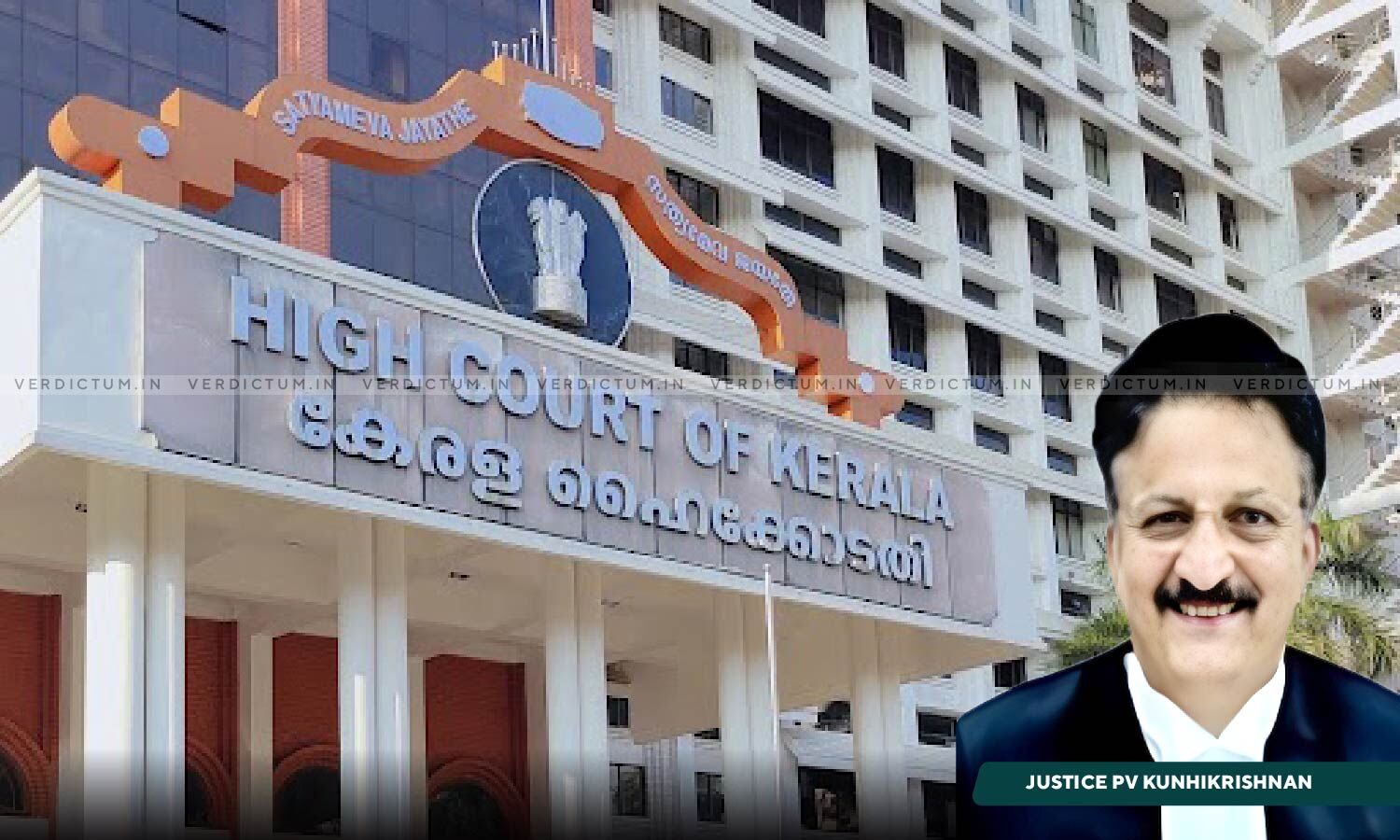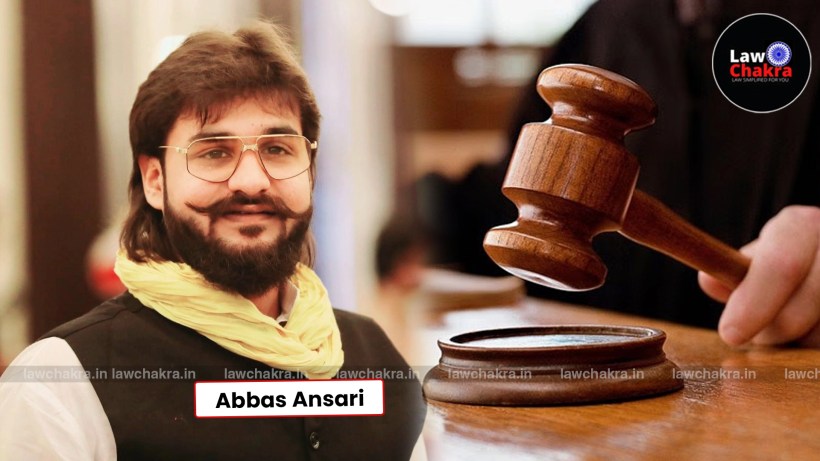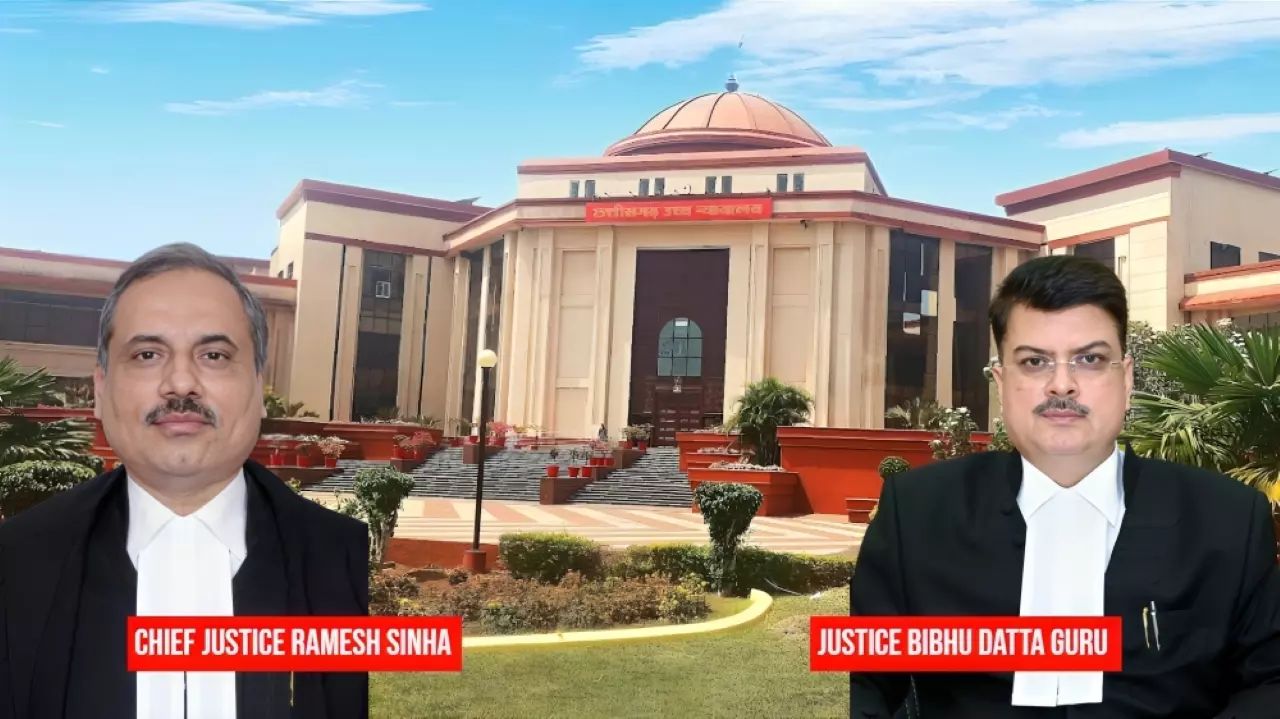Kerala High Court Refuses to Entertain Challenge to PMLA Attachment Order; Says Every Illegal Order Need Not Be Entertained Under Article 226

The Kerala High Court dismissed a writ petition challenging an order confirming attachment under the Prevention of Money Laundering Act, 2002 (PMLA), holding that even if an adjudication order is illegal, Article 226 jurisdiction should not be exercised where an adequate statutory remedy exists. The Court held that the PMLA is a self-contained code, and constitutional courts should not intervene unless there is an exceptional or extraordinary circumstance.
A Single Bench of Justice P.V. Kunhikrishnan observed, “Every illegal order need not be entertained by this Court by invoking the powers under Article 226 of the Constitution, especially when the PML Act is a complete Code, containing provisions for an appeal to the appellate tribunal and thereafter further appeal to this Court.”
The Court added, “This Court is burdened with thousands of cases. Convicts are in jail waiting for a decision in their appeal against conviction and sentence. In such circumstances, when efficacious alternative remedies are available, this Court need not interfere with the orders passed by the adjudicating authority invoking the powers under Article 226 of the Constitution unless there is an extraordinary situation.”
Advocate Babu S. Nair appeared for the Petitioners, while Standing Counsel for ED Jaisankar V Nair represented the Respondents.
Brief Facts
The Petitioners purchased a residential property through a registered sale deed. The Directorate of Enforcement (ED) provisionally attached the property under Section 5(1) of the PMLA, alleging that it constituted proceeds of crime linked to a scheduled offence. The Petitioners were not accused in the predicate offence and contended that they had no connection whatsoever with the accused or the money trail. They submitted that the property was purchased for valuable consideration prior to the commission of the scheduled offence and thus could not be attached under the Act.
In response to the show-cause notice issued by the adjudicating authority under Section 8, the Petitioners filed a reply explaining the lawful source of funds, the date of registration of the sale deed, and the absence of any nexus with the alleged offence. The adjudicating authority, however, passed a final order confirming the provisional attachment without properly appreciating these contentions.
Aggrieved by this, the Petitioners approached the High Court under Article 226 seeking to quash the adjudication order. It was their contention that the act of confirmation was arbitrary, in violation of natural justice, and unsupported by any material linking them or the property to the alleged proceeds of crime.
Reasoning of the Court
Addressing the issue of maintainability of the writ petition, the Court first noted that the PMLA provides a complete framework of remedies, including appeal under Section 26 to the Appellate Tribunal and a further appeal under Section 42 to the High Court, and the existence of an alternate statutory remedy was not in dispute.
The Court observed, “It is true that this Court has got jurisdiction under Article 226 of the Constitution of India. The jurisdiction of this Court may be wide, but if this Court interferes in each and every case in which there is an illegality or impropriety, this Court will be burdened with litigation.”
The Court noted that just because a party alleges illegality, that alone would not justify bypassing the alternate remedy provided by the statute, as discretion under Article 226 was meant for exceptional cases. “If this Court started to interfere with each and every order passed by statutory authorities, that too in a complicated law like the PML Act, by invoking the powers under Article 226 of the Constitution, the appellate tribunals and other forums created under the statute will be of no use”, the Court added.
The Bench took note of the Petitioners’ argument that they were not accused in the predicate offence and that the purchase predated the alleged scheduled offence, however, it found that these were factual matters requiring evaluation of evidence and could be properly adjudicated only by the Appellate Tribunal.
Addressing the fairness of the adjudication order, the Court stated, “This Court is burdened with thousands of cases. Convicts are in jail waiting for a decision in their appeal against conviction and sentence. In such circumstances, when efficacious alternative remedies are available, this Court need not interfere with the orders passed by the adjudicating authority invoking the powers under Article 226 of the Constitution unless there is an extraordinary situation.”
The Bench observed that the Petitioners had not shown any extraordinary circumstance or gross injustice that would warrant immediate interference under Article 226.
Consequently, the Court dismissed the petition as not maintainable, leaving all legal and factual contentions open to be raised before the Appellate Tribunal.
Cause Title: Mohankumar K & Anr. v. Union of India & Ors. (Neutral Citation: 2025:KER:43225)
Appearance:
Petitioners: Advocates Babu S. Nair, Smitha Babu, P. A. Rajesh, Pranav, K.P. Dhaneesh, Siddharth Karun Pisharody, Farsana Noushad
Respondents: Standing Counsel (ED) Jaisankar V. Nair; Senior Public Prosecutor Seetha S.; DSGI O.M. Shalina; Advocate Christy Theresa Suresh





